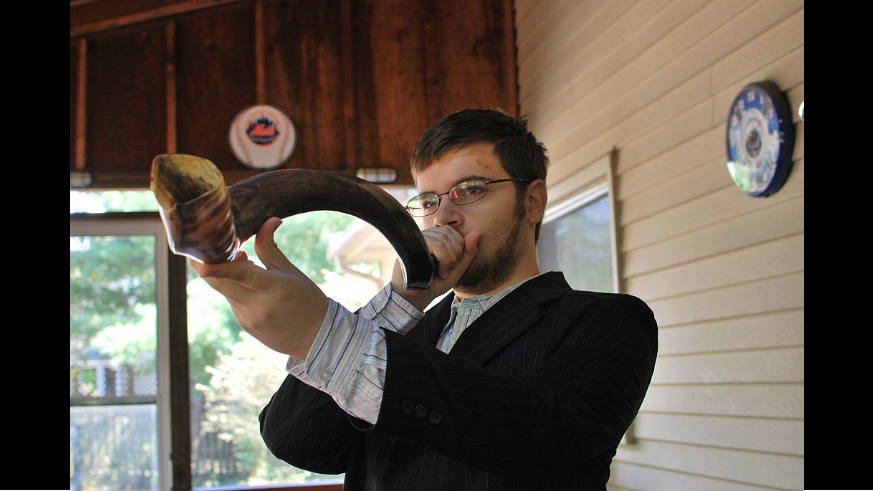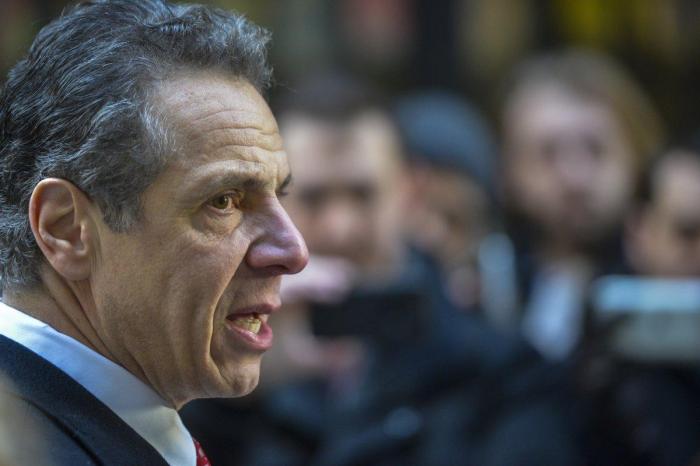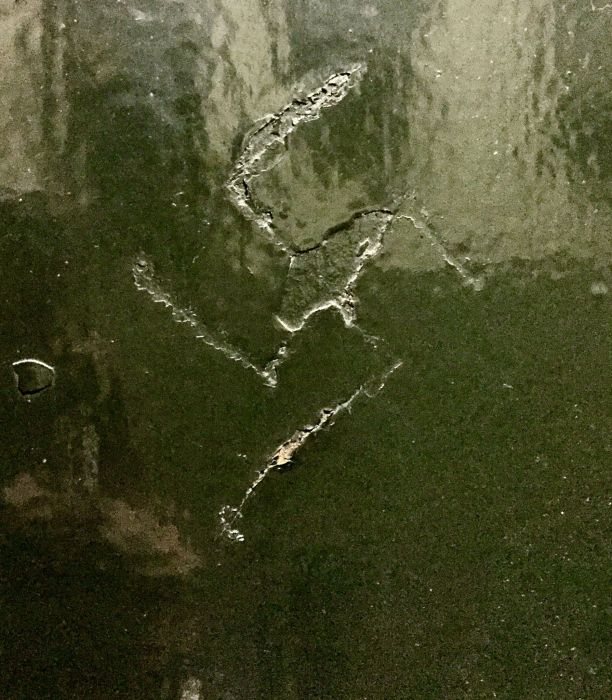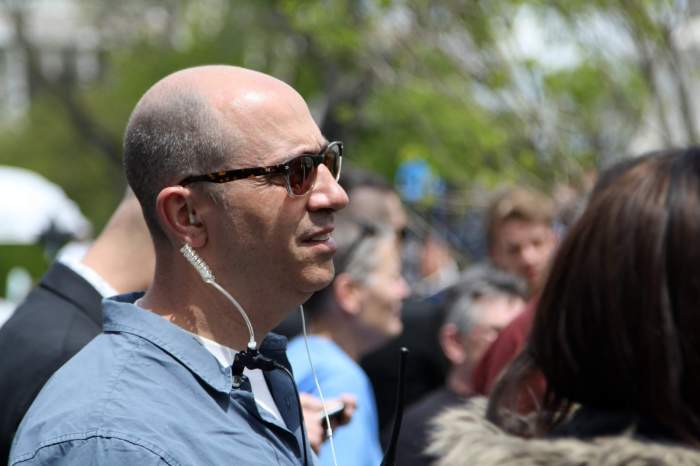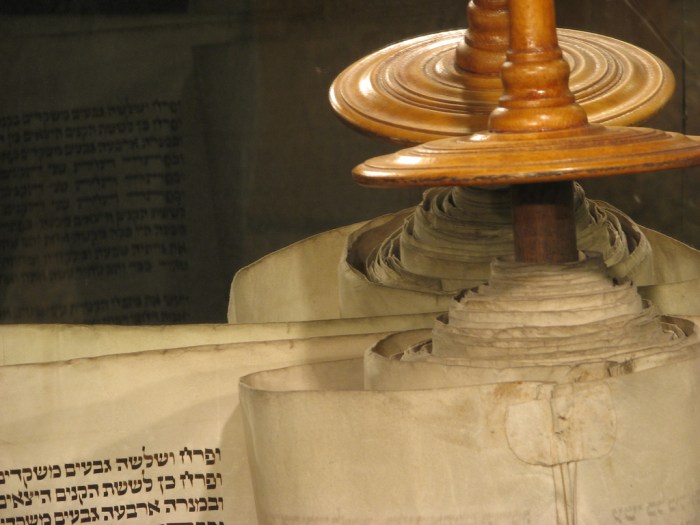Rosh Hashanah, from the Hebrew, translates to “head (beginning) of the year.” The Jewish New Year festival is a prefix to the 10-day atonement leading to Yom Kippur.
Rosh Hashanah 2017: When is it?
This year, Rosh Hashanah will start the evening of Wednesday, Sept. 20 and ends on the evening of Friday, Sept. 22.
Rosh Hashanah: What is it?
Rosh Hashanah is considered the birth of the universe when God created Adam and Eve. It takes place on the first two days of the Jewish new year, Tishrei 1 and 2, according to Chabad.
According to Chabad, the holiday is also referred to as Yom Teruah (Day of Shofar Blowing) in the Torah. A shofar is a musical horn made from a ram’s horn that is used during religious services. It is referred to as Yom Hazikaron (Day of Remembrance) and Yom Hadin (Day of Judgement) in prayers since it is believed that God determines the fate of all his creatures for the year.
Yom Kippur, which takes place 10 days later, and Rosh Hashanah are part of the Yamim Nora’im (Days of Awe or High Holidays).
Rosh Hashanah: How is it celebrated?
The shofar is blown every morning and candles are lit every evening with the appropriate recitations. The two days are not working days; Rosh Hashanah is full of prayers, trips to temple and lots of food.
Fruit is featured during meals to signify a wish for sweet blessings in the new year. Nuts, vinegar and bitter foods are avoided. Some people eat the head of a fish or a ram, signifying “we be a head and not a tail.”
“On the first afternoon of Rosh Hashanah (provided that it is not Shabbat), it is customary to go to a body of water (ocean, river, pond, etc.) and perform the Tashlich ceremony, in which we ceremonially cast our sins into the water,” according to Chabad. “With this tradition, we are symbolically evoking the verse, ‘And You shall cast their sins into the depths of the sea.’”
Some who celebrate throw bread into the water symbolizing throwing away their sins.
Rosh Hashanah: Why is it an important Jewish holiday?
According to Chabad:
“As we read in the Rosh Hashanah prayers, each year on this day ‘all inhabitants of the world pass before G‑d like a flock of sheep,’ and it is decreed in the heavenly court ‘who shall live, and who shall die … who shall be impoverished and who shall be enriched; who shall fall and who shall rise.’
“It is a day of prayer, a time to ask the Almighty to grant us a year of peace, prosperity and blessing. But it is also a joyous day when we proclaim G‑d King of the Universe. The Kabbalists teach that the continued existence of the universe depends on G‑d’s desire for a world, a desire that is renewed when we accept His kingship anew each year on Rosh Hashanah.”

